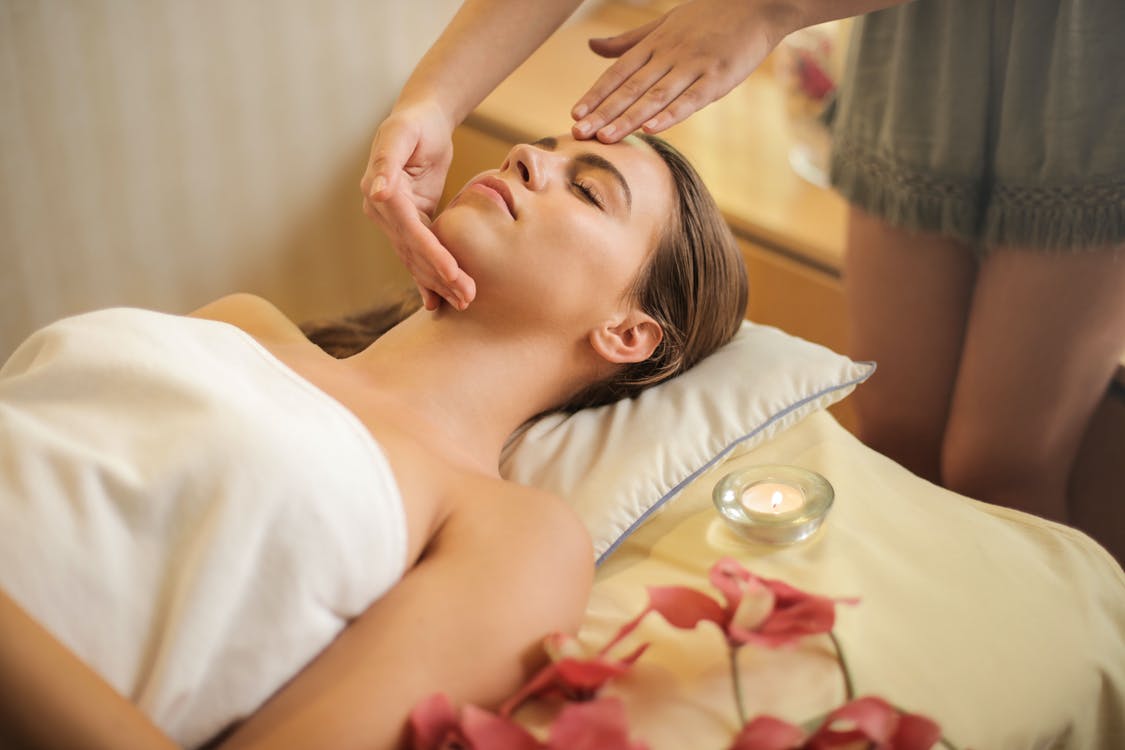How Can Massage Help?
Massage is systematically manipulating the body's tendons, usually involving physical (manual) methods such as providing fixed or moveable kneading, holding, [...]
M assage is systematically manipulating the body's tendons, usually involving physical (manual) methods such as providing fixed or moveable kneading, holding, and applying pressure on muscles. How can massage help?
Massage supports relaxing the body and deals with a variety of pain. Massage promotes relaxation of muscular tissues, resulting in less nerve damage, greater joint mobility, and better muscle strength. It results in less discomfort and better function.
Massage treatment can also aid with circulation, which improves the ability to transport oxygen and nourishment to muscle fibers while also removing toxins. Massage circulation impacts are effective in treating inflammatory disorders like arthritis. People often wonder, how massage can help? Follow along to find out.
What Is Massage?
The rubbing, stroking, heating, kneading, and pushing of muscles and skin is known as massages.
There are many diverse massage types, each with its roots and goals: some emphasize relieving muscle discomfort, while others attempt to increase energy; a few seek to heal particular physical ailments, while some make you feel comfortable.
Massage is relaxing and can benefit your entire body, including your joints, tendons, respiration, skin, heart, mental wellness, digestion, and skin.
Massage Origin
Massage treatment has historical origins dating back to Indian civilization when it was regarded as a divine technique of the healing process. Massage treatment was a method handed down by Ayurveda Hindus in "existence wellness" treatment to heal wounds, reduce pain, and eliminate diseases. Ayurveda supporters think diseases arise when humans are not in sync with their surroundings. Massage enhances the immune system and regains the body's natural balance to help cure itself.
Mechanical Responses
Massage triggers a relaxed state, which reduces heartbeat, metabolic activity, and hypertension while also boosting immunity and reducing the physiological effects of anxiety.
Massage's somatic handling has two major changes:
- Blood circulates, and the lymphatic system is improved.
- Soft muscle tissues relax and adjust, allowing nerves and underlying smooth muscle to ease.
How Can Massage Help?
Condenses Anxiety And Stress
The sensation of peace that comes before a massage helps reduce anxiety and tension. Massage boosts the parasympathetic nervous system, which might help you feel less anxious.
Improves Sleep
Experts claim that a massage also reduces anxiety hormones and raises the production of dopamine and serotonin, chemicals that help to keep your emotions in check. Massage treatment helps those with insomnia caused by heart problems and menopause.
Minimizes Muscle Tension And Pain
Massage helps with pain such as acute backache, neck discomfort, migraines, and knee problems. The findings suggest that treatment may be temporary instead of long-lasting. Undergoing an hour of massage weekly provides greater outcomes.
Recovers Immune Function
Is it true that a massage might help your immune function? According to a study, frequent massages boost leukocytes in your system, which fight illnesses.
Helps With Constipation
An abdomen massage benefits those who are experiencing diarrhea after surgery.
Reduces Fibromyalgia Symptoms
Going for a massage for five consecutive weeks relieves fibromyalgia symptoms, a longstanding disease that creates muscular and ligament tiredness.
Improves Circulation
Massage is known to help circulate blood and lymphatic fluid. It's most likely owing to the hormones that generate muscle relaxation and body movement of muscle tissues.
Increased blood flow promotes oxygen and nutritional supply to muscle tissues. Skin cells run more effectively as molecular health increases. Energy productivity contributes to the clearance of contaminants and elevation in the consumption of surplus substances and a reduction in muscle tissue deformation.
Relaxing Tissue
Massage treatment relieves severe cramps and tremors by relaxing muscles. Massage helps ease neurology pressure. As muscles tighten, they sometimes squeeze the neurons that surround them. Since the nerves don't constrict when muscles relax, they receive sufficient nutrition and perform more smoothly. Nerves resume their usual job of delivering signals to the nervous system, allowing organs and muscles to function more effectively.
Ligaments, tendons, and muscles relax when you touch them or exert pressure. While a masseuse cannot effectively approach certain body tissues, like deep spine musculature. It's the loosening of muscles that affects deeper parts. This can improve the symmetry and equilibrium of subcutaneous tissues.
Organs, like nerves, bones, and muscles, share cerebral pain signals and heal with massages. Organs occasionally represent stress and malfunction when nerves, bones, and muscles are affected. Chronic back pain makes menstrual cramps worse, and period pains make lower back muscles stiff. A massage helps with symptoms related to the muscles and organ functions. If you suffer from chronic pain, consult a massage therapist. A specialist knows the art of massage and knows where to poke and prod to get the best results. How can a massage help? A masseuse knows the exact science of it. Book an appointment with a professional today to help you overcome adversity.
